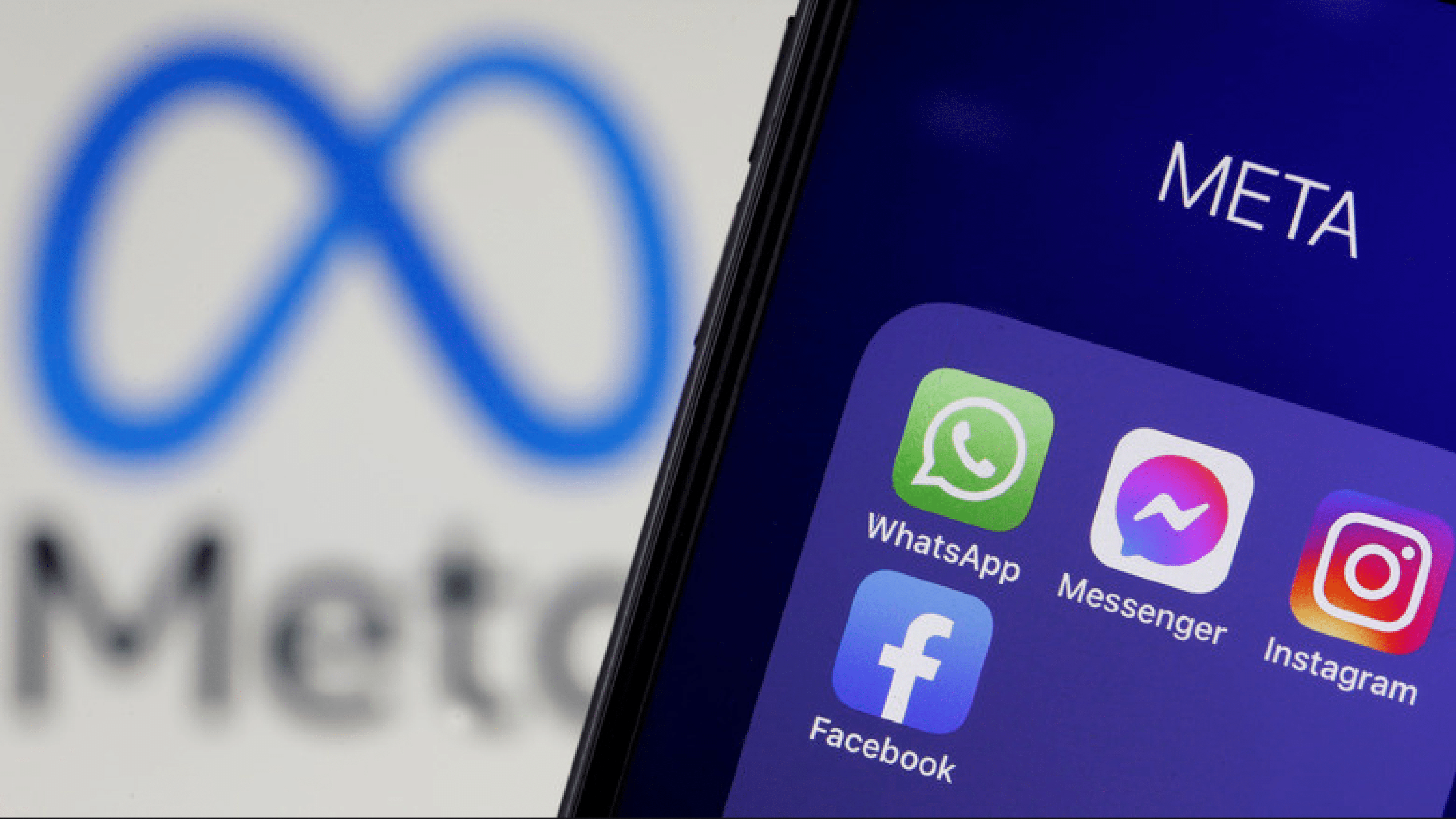
Meta and Universal Music Group (UMG) have taken a significant step in addressing the challenges posed by AI-generated music. In their newly expanded multi-year music licensing agreement, the two companies are not only allowing users to share songs from UMG’s extensive catalog across Meta’s platforms—Facebook, Instagram, Horizon, Threads, and WhatsApp—but are also tackling the issue of unauthorized AI-generated content.
This move highlights the growing concern in the music industry about AI systems scraping and reproducing songs without the original creators’ consent.
UMG’s Chief Digital Officer and Executive Vice President, Michael Nash, underscored the importance of this initiative, emphasizing the need to protect the rights of artists and songwriters from the potential misuse of AI technologies. The agreement reflects the industry’s broader efforts to safeguard creative works against unauthorized use by AI systems, a topic that has been increasingly thrust into the spotlight.
This partnership between Meta and UMG comes on the heels of recent tensions in the industry, particularly a dispute earlier this year between TikTok and UMG. During this conflict, UMG temporarily pulled its music catalog from the platform, citing concerns over AI and online safety. The situation was resolved in May, allowing music from major artists like Billie Eilish and Taylor Swift to return to TikTok.
Adding to the complexity of the AI and music debate, the Recording Industry Association of America (RIAA), which represents UMG and other major labels, has filed a lawsuit against AI music startups Udio and Suno. The lawsuit alleges that these companies used copyrighted music to train their AI models without proper authorization. While Suno admitted to using copyrighted material, they argued it was legal under fair use—a claim that has sparked further debate within the industry.
How is Meta Ensuring Ethical Use of AI in Music?
Meta has also positioned itself as taking an ethical stance in the AI music space. The company asserts that its AI models, such as AudioCraft, MusicGen, and Jasco, are trained exclusively with Meta-owned or specifically licensed music. However, there are concerns about the potential misuse of these technologies, particularly regarding the creation of deepfake voices, which Meta has acknowledged.
The expanded agreement also introduces new features for WhatsApp users, who can now share UMG-licensed music directly within the app. This extension of Meta’s music-sharing capabilities also includes Threads, the company’s social networking platform that competes directly with X (formerly Twitter).
Meta and UMG’s ongoing collaboration, which began in 2017, marks a significant development in how the music industry is adapting to the rise of AI and its implications. The expansion of this agreement signals a proactive approach in addressing the evolving challenges posed by AI in the music world.
Featured Image courtesy of Chesnot/Getty Images
Follow us for more tech news updates.
